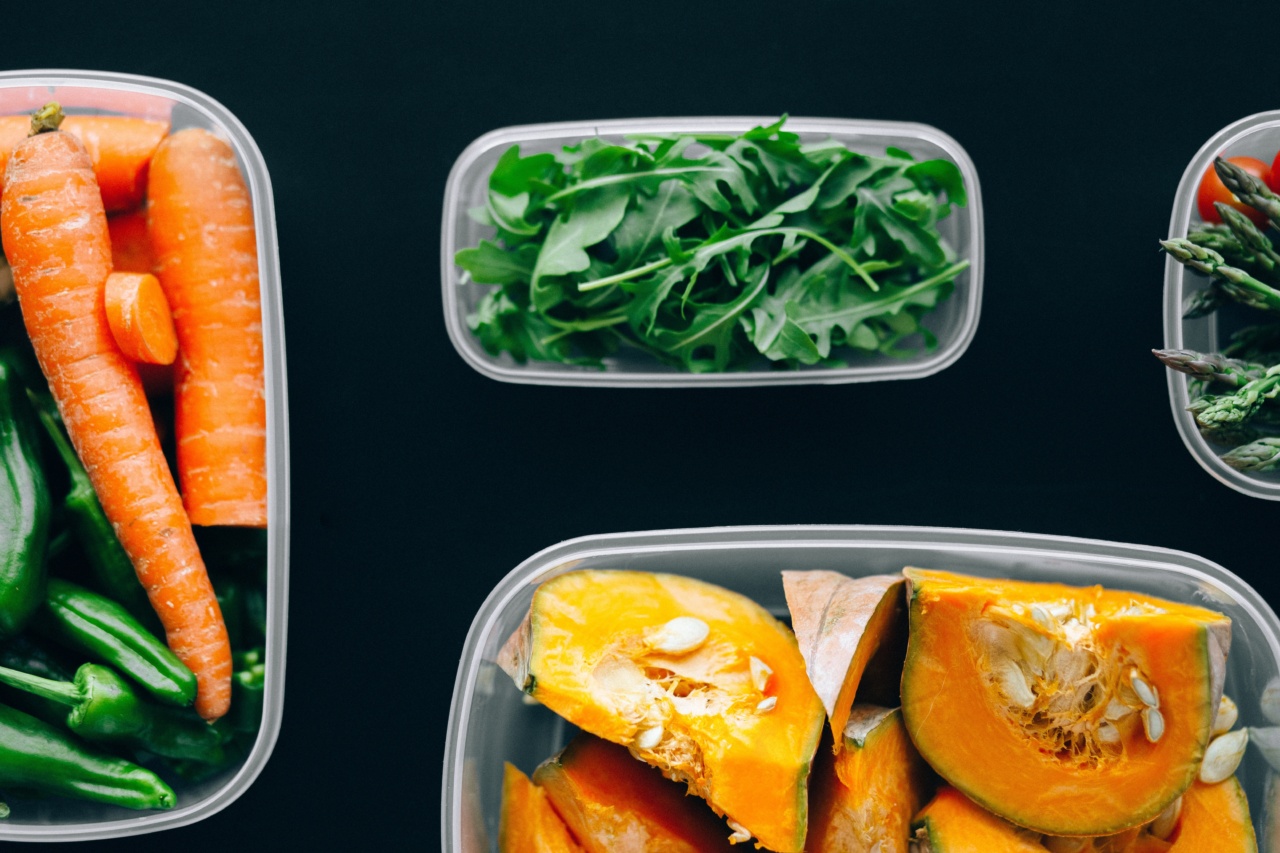Eating nutritious foods is important in maintaining a healthy diet. However, even foods that are considered healthy and nutritious may have some downsides. Here are seven foods that you may need to reconsider:.
1. Avocados
Avocados are a great source of healthy fats, fiber, and vitamins. They also contain antioxidants that can help protect the body from damage caused by free radicals.
However, avocados are high in calories and fat, which can be problematic for people who are trying to lose weight or watch their cholesterol levels. In addition, some people may be allergic to avocados, which can cause digestive issues and skin reactions.
2. Greek Yogurt
Greek yogurt is a popular food choice for people who are looking for a high-protein snack. It also contains probiotics that can be beneficial for gut health.
However, some people may have trouble digesting Greek yogurt, particularly if they are lactose intolerant. Greek yogurt can also be high in sugar and calories if it is flavored, so it is important to read labels carefully.
3. Spinach
Spinach is a leafy green vegetable that is packed with vitamins and minerals. It is also a good source of fiber and antioxidants.
However, spinach can also contain high levels of oxalates, which can contribute to the formation of kidney stones in some people. In addition, spinach can be contaminated with pesticides and other harmful chemicals, so it is important to buy organic when possible.
4. Almonds
Almonds are a great source of protein, healthy fats, and fiber. They also contain important vitamins and minerals. However, almonds can be high in calories and fat, so it is important to eat them in moderation.
In addition, some people may be allergic to almonds, which can cause digestive issues and skin reactions.
5. Quinoa
Quinoa is a healthy grain that is high in protein and fiber. It is also gluten-free, which makes it a good choice for people with celiac disease or gluten intolerance.
However, quinoa can also be high in calories, so it is important to watch portion sizes. In addition, quinoa is often grown using harmful pesticides and other chemicals, so it is important to buy organic when possible.
6. Salmon
Salmon is a healthy fish that is high in omega-3 fatty acids, protein, and vitamins. It has been shown to have many health benefits, including reducing the risk of heart disease and stroke.
However, salmon can also contain high levels of mercury, which can be harmful to the nervous system if consumed in large amounts. It is important to choose wild-caught salmon, which is generally lower in mercury than farmed salmon.
7. Sweet Potatoes
Sweet potatoes are a nutritious root vegetable that is high in vitamins, antioxidants, and fiber. They are also a good source of complex carbohydrates, which can provide sustained energy.
However, sweet potatoes are high in carbohydrates, which can be problematic for people who are trying to follow a low-carb diet. In addition, sweet potatoes are often prepared with added sugar, which can negate some of the health benefits.




























